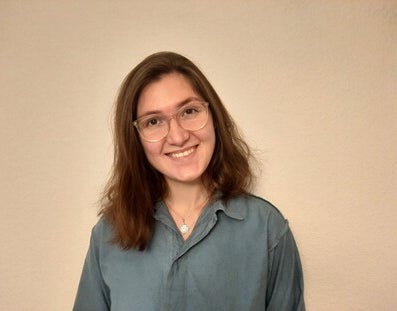This offers a participative framework in which students can learn how to operate in an international and highly diverse research environment. The embedding of the track Global History in the interdisciplinary (Research) Master Humanities further stimulates a broad outlook and connections that cross narrow disciplinary boundaries.
Connect events, sites, bodies and stories across ages
Leah Niederhausen - International student
''When looking for a master’s programme, 3 aspects were important to me
- The freedom to design my own curriculum research
- A good balance between interdisciplinary exchange and core historical theories and methodologies,
- An engaging study environment.
This track fulfils these criteria and more by supporting me in starting my own academic career. In my first publication I discuss national war monuments as marers of transnational memory dynamics.''

What can you do after your Master's degree?
Pursue an academic career
After graduating in the Humanities (Research) Master’s programme, you’ll be well placed to work as an independent researcher. You’ll have the skills needed to pursue a PhD within academia, and we’ll guide you in writing a research proposal for a PhD project. In recent years, many of our alumni have been awarded PhD grants in the Netherlands and abroad.
The programme also offers excellent training for a career at a research institute outside academia. In our research design courses, you’ll learn to develop your research skills, construct research proposals for national or European science foundations, and apply for international research funds. Many research institutes are eager to welcome researchers trained in qualitative and quantitative research methods.
Embark on a career outside the field of research
But you can also embark on a career outside the field of research – as a journalist, editor, teacher, heritage expert, policymaker in education for a local or national government, or advisor to governments or NGOs, for example.
Want to apply for Humanities Research: Global History